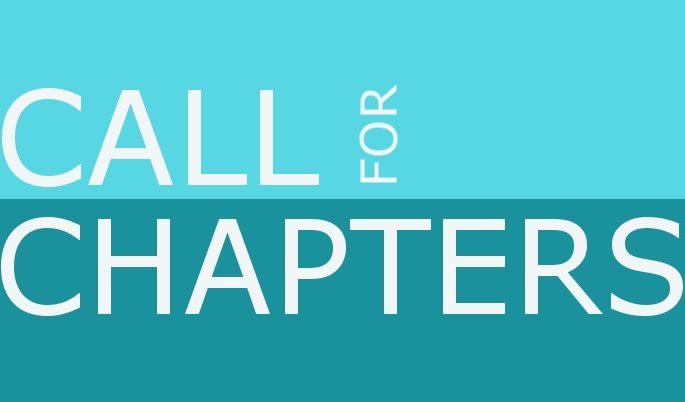- June 7, 2018
- Posted by: Damian Arango
- Category: Calls

Regulation and Finance in the port sector: current practices and the future outlook of port development
Edited by Prof. H. Haralambides, Prof. Ferrari, Dr S. Prete, and Dr A. Tei.
Ports around the world have recently registered a significant amount of investments, mainly in relation to expansion projects or to the development of new terminals. This trend is rather common around the world, both in developed and developing countries. Nevertheless, regulation and financing rules often influence the capability of ports to attract global operators, or to benefit from potential knowledge transfer. While finance and governance within the port sector have been widely studied, the two elements have been seldom linked together under one roof.
A new book on “Regulation and Finance in the port sector: current practices and the future of port development” is currently under development in order to fill this gap. The book is part of the Palgrave Studies in Maritime Economics series.
The work is designed as a collection of international scholarly contributions on port finance and port system regulations; it will contain critical discussions of elements that characterise port planning and management, as well as how the latter are driving the investment decision-making process.
The book is planned to be finalized in the first part of 2019.
The proposed manuscript is planned to contain both a general part – written by the editors – and several country specific contributions for which this call for chapters is open.
Each country chapter should be relatively short (about 3,000 words) with a “standardized structure” that should include the following elements of the chosen country:
– Section 1: National port system description (brief historical introduction, port location and characteristics, main traffic categories handled, main statistics);
– Section 2: Port Regulation and planning tools (i.e. description of governance models, regulating and governing bodies of the main national ports, planning tools);
– Section 3: Financial tools (i.e. description of funding options of different national ports and their link to governance models and national legislation);
– Section 4: Links between local and national port regulation and the international framework of ports (i.e. presence of PPPs, FDI, and the role of both local and international players within the national port sector);
– Section 5: Critical discussion: How can port regulation and financial practices affect local port development? Are there possibilities (and limits) to promote international collaborations at both organizational (e.g. integration) and financial (e.g. foreign investment) level in the national port sector?
The above standardized structure is indicative but authors are encouraged to follow it since this would allow readers to easily compare different local frameworks.
Interested authors are invited to submit an abstract on the chosen country by September 1st 2018 to the corresponding author, Dr Alessio Tei (alessio.tei@ncl.ac.uk).
Accepted abstracts will be notified to their authors by mid-September 2018 and final chapter submission is expected by December 15th 2018.
